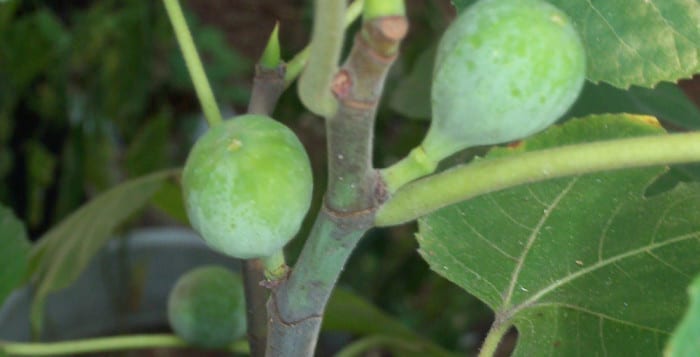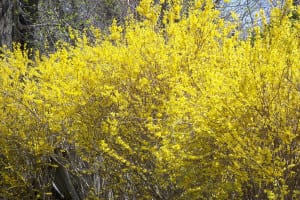A baker’s dozen of fall gardening chores

By Ellen Barcel
It’s only the middle of September and yet I see leaves beginning to turn colors — yes, already. Now is the time to start thinking about your annual autumn gardening chores.
1. This time of year, with its cool weather is ideal for transplanting and/or dividing herbaceous perennials. They will easily have two or three months to settle in and grow even more roots before a hard freeze.
2. This is also a great time to assess your garden, its successes and its failures. Yes, we all have them — plants that didn’t do as well as we had hoped. So, look at your plants. What do you want to move? What do you want to take out? What do you want to replace?
3. Autumn is a great time to put in new plantings. Roots continue to grow underground well into December or until there is a hard freeze. Because autumn is usually cooler, you won’t spend as much time watering in the new plantings. There’s a saying that it takes three years for a new or transplanted plant to really succeed: The first year it gets used to its new home, the second year it grows roots and really settles in and the third year it thrives. If you plant this autumn, you’ve got a jump start on the process.

4. Autumn is also a good time to have any large trees on your property checked out by an arborist if you haven’t done so already. Hopefully we won’t be in the path of any hurricanes as we have in the last few years. But, even smaller storms, like the one that hit the North Shore in early August, can damage weakened or dead tree branches. And no, topping trees to keep them smaller is not recommended as it weakens the tree in general.
5. Don’t cut back hardy ornamental grasses if you can avoid it. They look beautiful all winter, especially if covered with snow or ice. If they do need to be cut back, do it in spring when they’ll be ready to start growing again.
6. Don’t prune early spring flowering plants like forsythia in the fall. You’ll be cutting off next spring’s flowers.
7. Leaving spent flower heads on your plants provides seeds for birds as the weather gets colder. If you really don’t like the way they look, go out during a mild late autumn or winter day and cut them back when the seeds are all eaten or have fallen to the ground. This is especially important for plants that reseed themselves if you want them to regrow next year.
8. If you have a holly bush that needs to be pruned, wait until December. Then you can use the prunings as holiday decorations.
9. Stop adding to your compost pile once it gets really cold. What you add will no longer decompose, especially if its freezing or below and could attract unwanted animals. Turn the pile over one last time.
10. If it’s a very dry autumn, make sure to water your shrubs to help them through the winter.
11. If you have plants that are borderline in the hardiness area, say hardy to zones 7 and above (Long Island is zone 7), mulch them well to help them through the winter.
12. Lift any tender bulbs or corms and store them in a cool dry place to overwinter, replanting them in spring. Take cuttings of coleus and root them in water over winter. Bring in pots of herbs to grow on a sunny window sill.
13. Move any tender container plants (like fig trees) into a cool dry place (like an unheated garage) to overwinter. Remember to water them periodically, say once a month, since they would receive moisture from rain or snow if they were outside. If you can’t move fig trees, then they need to be wrapped up.
Ellen Barcel is a freelance writer and master gardener. Send your gardening questions to [email protected]. To reach Cornell Cooperative Extension and its Master Gardener program, call 631-727-7850.






